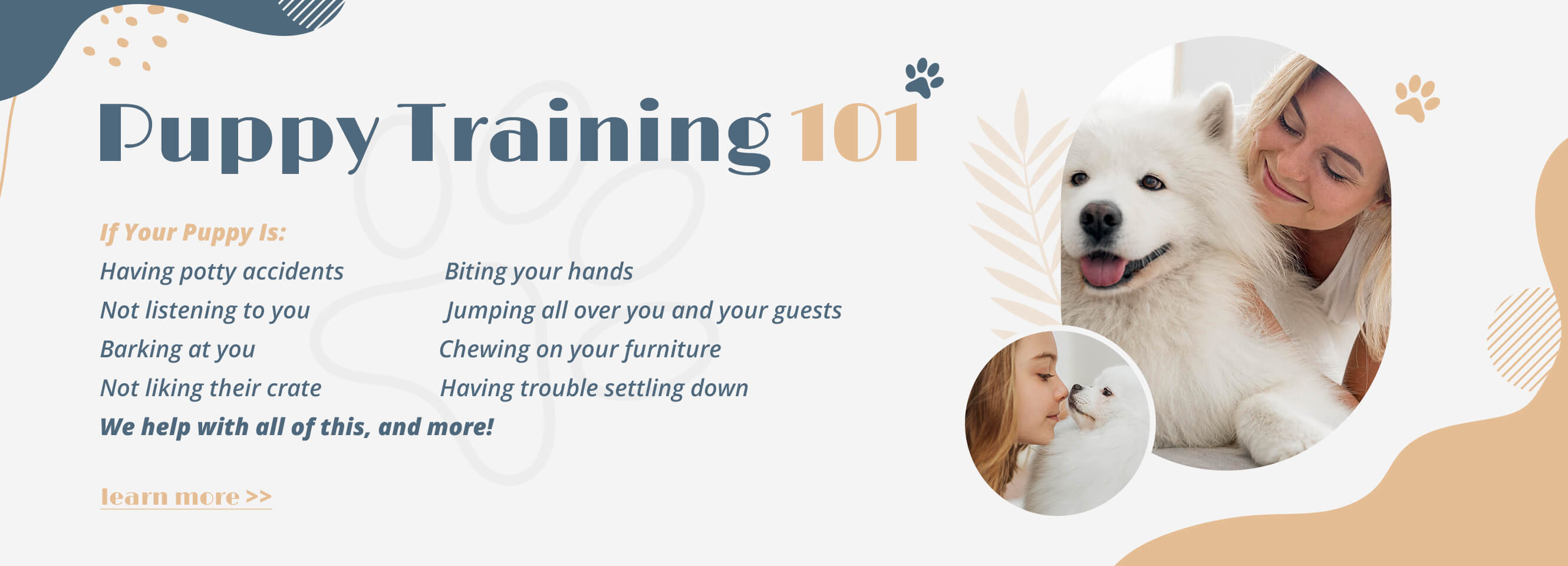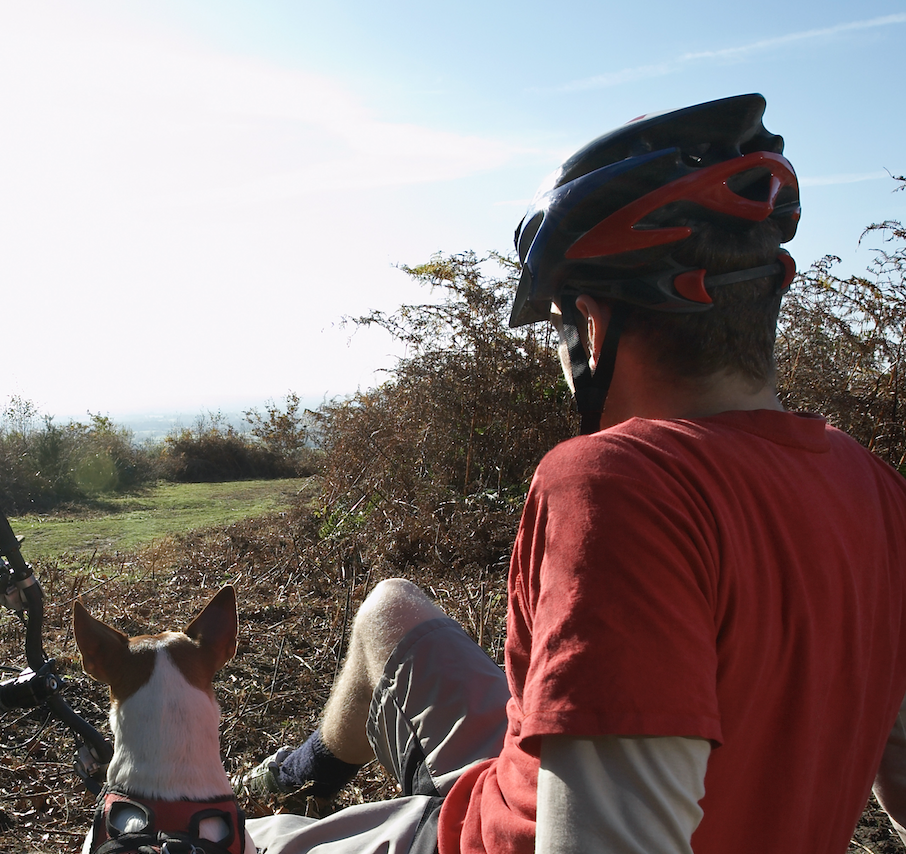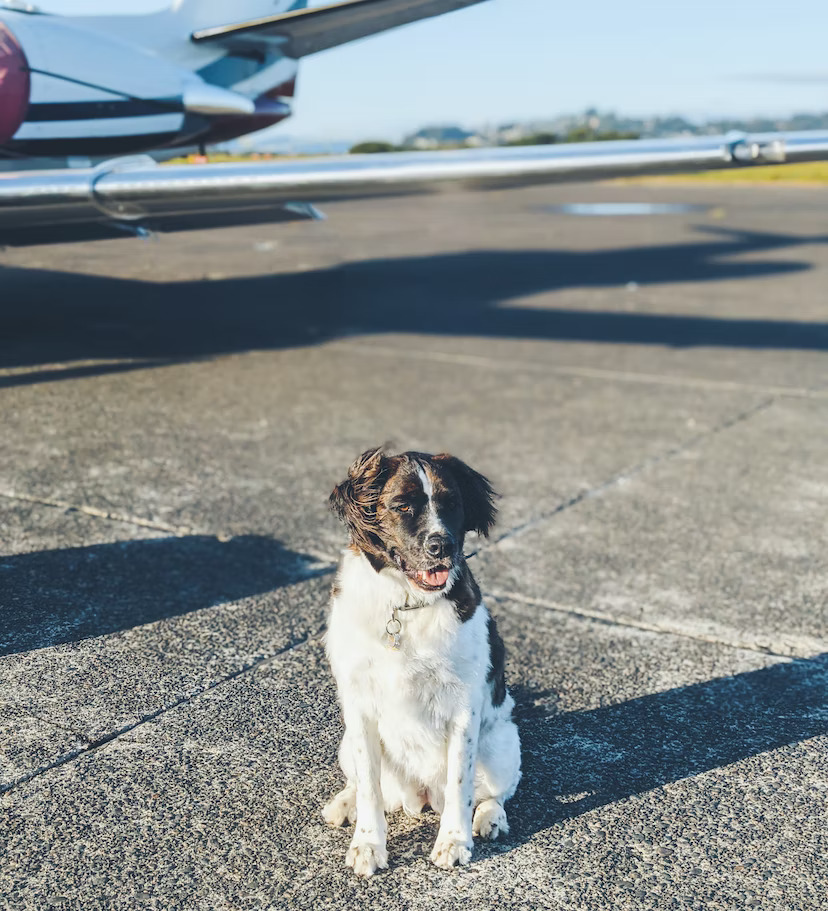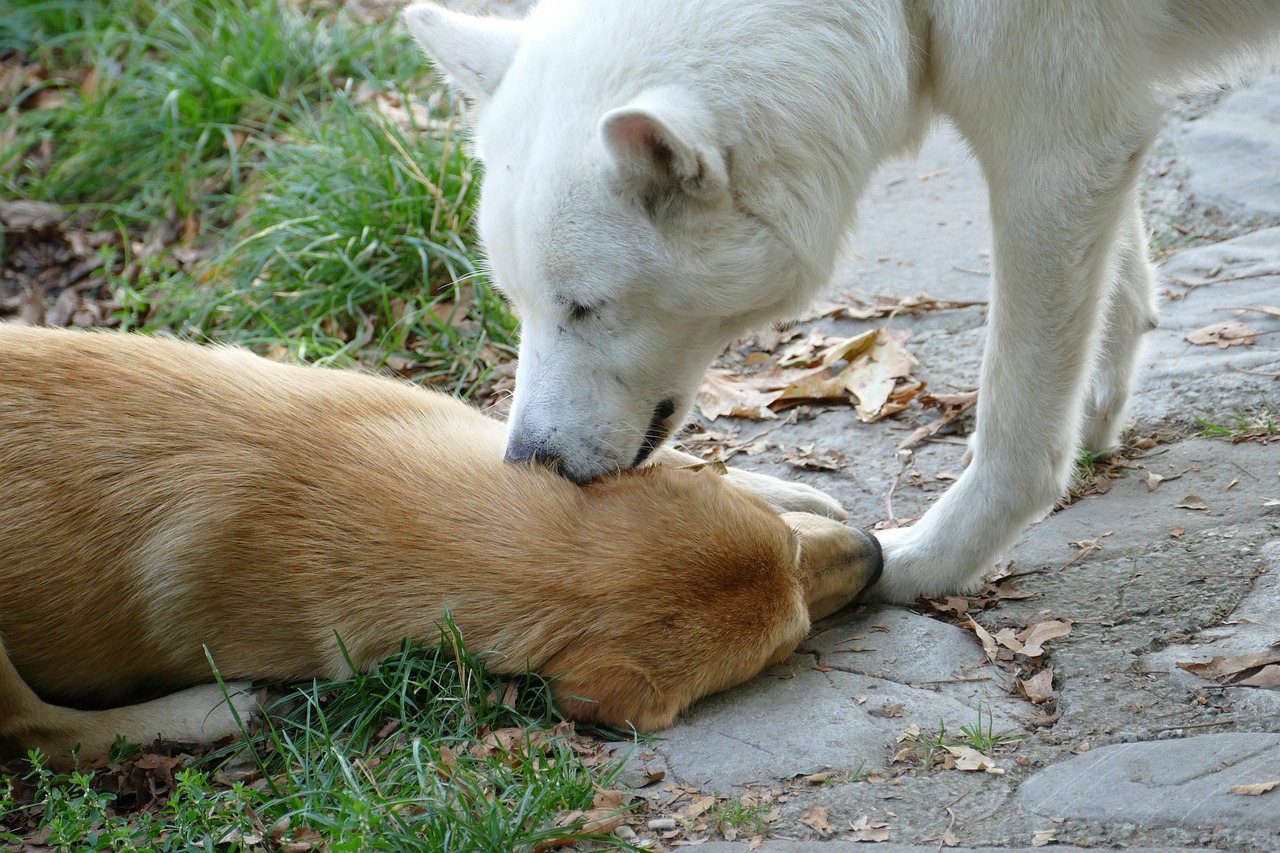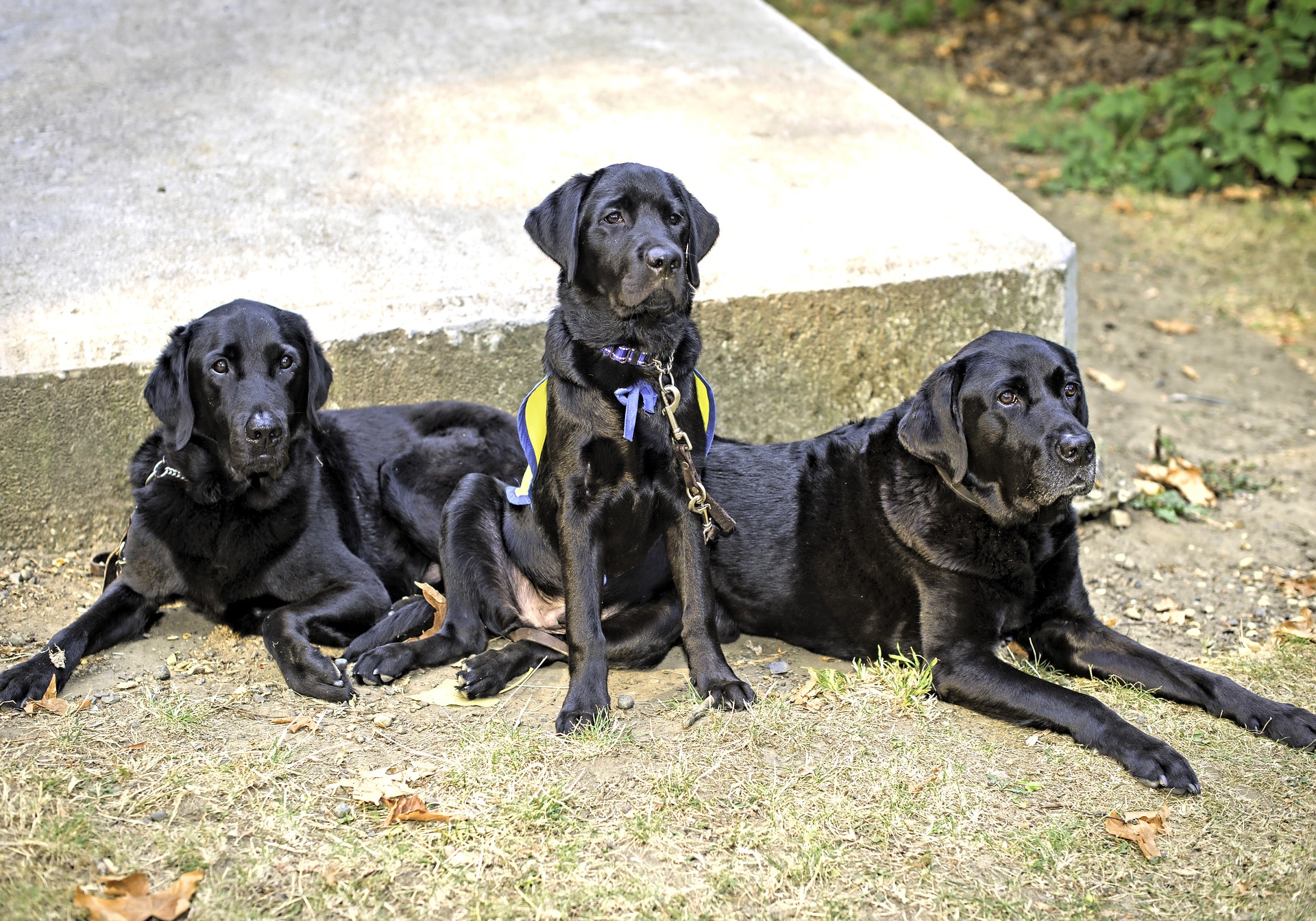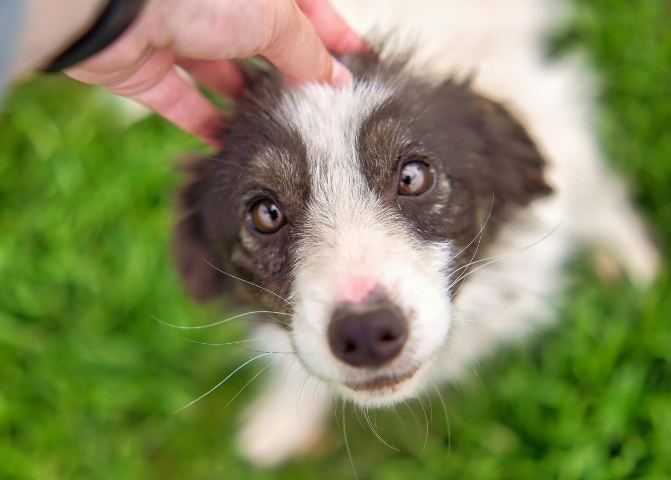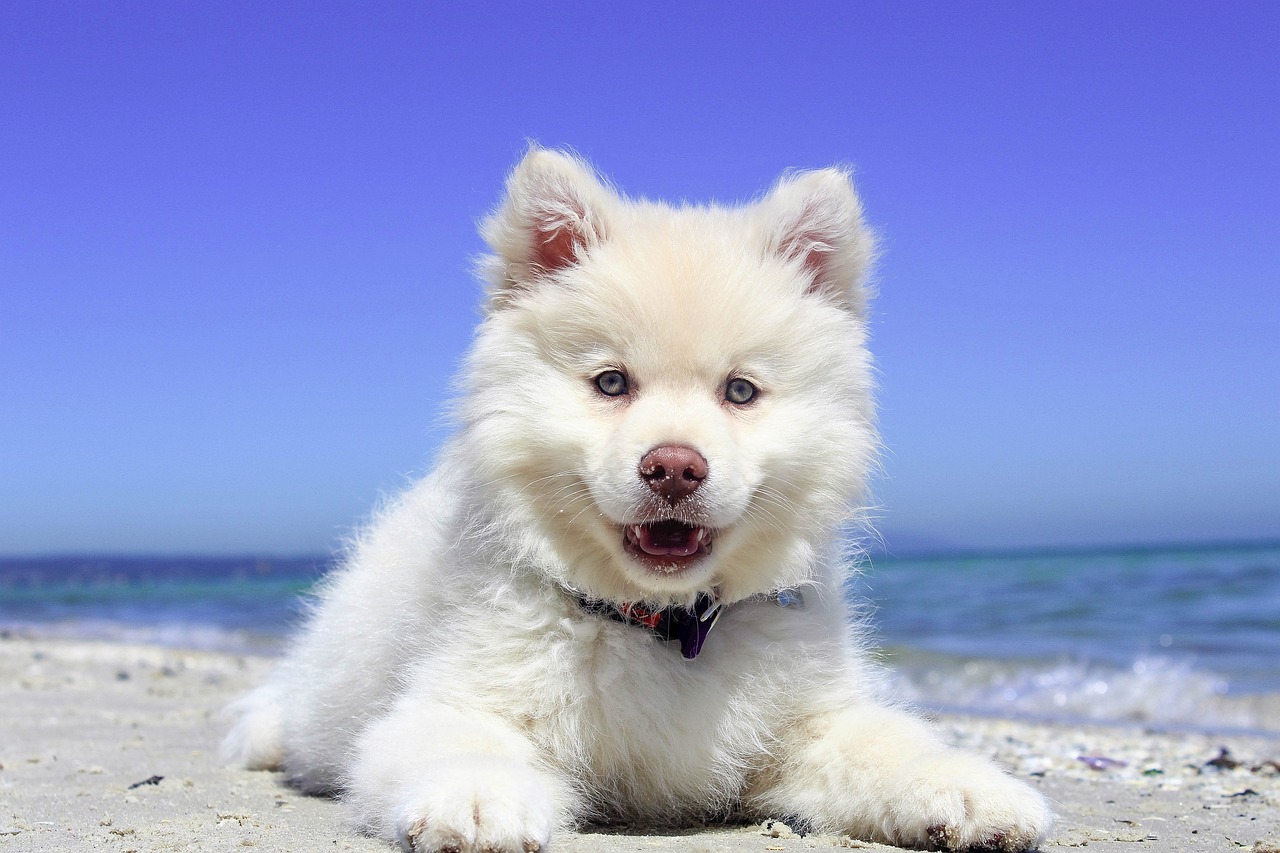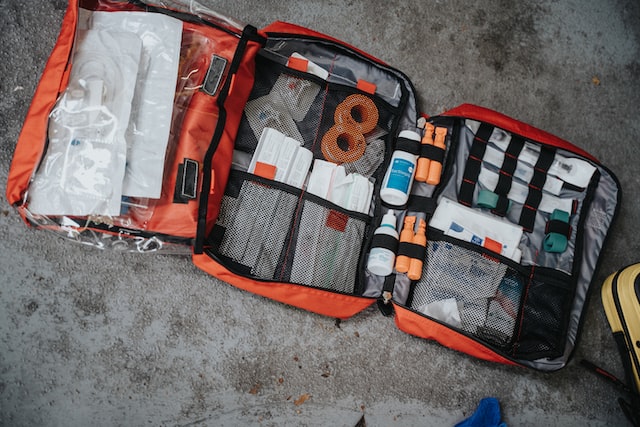- 1. How Old Is the Puppy?
- 2. May I See the Mother / Both Parents?
- 3. May I See a Mother’s Health Certificate / Do Parents Have Any Health Problems?
- 4. Has the Pup Been Vaccinated?
- 5. Has Parasite Control Been Conducted?
- 6. What to Feed the Pup?
- 7. Has the Puppy Had Social Interactions?
- 8. May I See / Interact with the Other Pups of the Same Litter?
- 9. Is There a Contract for Sale?
- 10. Are There Any References From Previous Buyers?
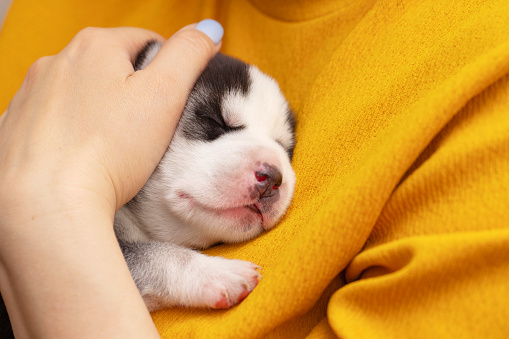
The moment you decide that you want to become a puppy owner and the moment you actually have your paw friend home might be several days, weeks or months apart...Why is that? You should decide what dog breed you would like to raise, based on some common breed characteristics; where you will get the pup from- a shelter or a breeder; what questions you may need to ask to make sure that the pup is the right one for you.
Today we will focus exactly on the questions you should consider asking a breeder prior to getting a pup.
1. How Old Is the Puppy?
You may wonder why it matters whether the pup is 3,4 or 12 weeks old before going to its new home. Puppies should be between 8 and 12 weeks to be ready for adoption. Pups younger than 8 weeks are still not fully weaned and should not be separated from the mother. Also, pups need to socialize with the other pups from the litter. If you take a pup at a so early age, this may lead to behavioral/emotional problems in the future. If the pup is older than 12 weeks, this may indicate underlying health conditions or other reasons for it to be returned to the breeder.
2. May I See the Mother / Both Parents?
It is important that you are able to see the pup’s parents, especially the mum. You will be able to evaluate her personality, behavior, and general appearance and notice if something might be wrong with her. Important social cues related to mother-pup’s interaction will also give you signs of whether the mother is loving, affectionate, and calm or not. You may be able to recognize signs of aggression and reactivity towards her pups or people. You should keep in mind that many behavioral features, as well as genetic predisposition, are inherited from the parents.
3. May I See a Mother’s Health Certificate / Do Parents Have Any Health Problems?
As you may know, dogs are prone to different health conditions based on their breed and their pedigree. It is important that you exclude any genetic diseases that might have been transmitted to the pup by their parents. By checking the health certificate, you will make sure that the breeder did not skip any important information in regard to the parents’ health.
4. Has the Pup Been Vaccinated?
It is essential to know whether any vaccinations have been administered or not, prior to taking your pup outdoor and letting it meet other animals and people. Puppies need to get their first vaccination against Distemper and Parvovirus at the age of 6-8 weeks.
The next vaccination is usually administered at the age of 10-12 weeks (DHPP- Distemper, Adenovirus (Hepatitis), Parainfluenza, and Parvovirus), then at the age of 16-18 weeks (DHPP, Rabies- second booster), and after that at the age of 12-16 months (DHPP, Rabies- third booster).

5. Has Parasite Control Been Conducted?
Most puppies are born with worms, that have been transmitted by their mother. That is why pups need to undergo parasite control (especially for tapeworms, roundworms, hookworms, whipworms). It is recommended that pups go through worm control every two weeks until they reach the age of 12 weeks. After that, they should be dewormed on a monthly basis until they reach the age of 6 months. Usually, adult dogs should be dewormed every 2 or three months based on their breed, lifestyle, and the specific area they live in. Flea control is also a part of parasite control that dogs need to go through to stay healthy.
6. What to Feed the Pup?
The breeder should explain what food they have been feeding the pup until now and eventually provide you with certain amounts of that food for several days. It is important for pups that you do not provide any abrupt changes in their diet. If you have decided to change your diet, you should do it gradually to make sure that you will not cause any distress or gastrointestinal issues. The general rule is that you should replace 10% of the meal with the new food every day until it becomes 100% of the content.
Also, you may ask the breeder about a schedule that they may stick to when feeding the pups. Tips on the quantity of food your pup should take are also valuable and very important for new pup parents. You do not want to overfeed or underfeed your paw friend after all.
7. Has the Puppy Had Social Interactions?
Socialization is a crucial part of the process of raising a dog. It begins at an early age and involves the puppy’s mum and its mates from the litter, going through socialization with the new family, and then maybe extended to socialization with friends and their dogs as well as with unknown people and animals that the pup is likely to meet outdoor. Being socialized means that the puppy knows how to behave, what its boundaries are, and how to properly interact with the world.
Puppies should go outside only after they have been fully vaccinated, and the veterinarian has confirmed that it is safe to do so.
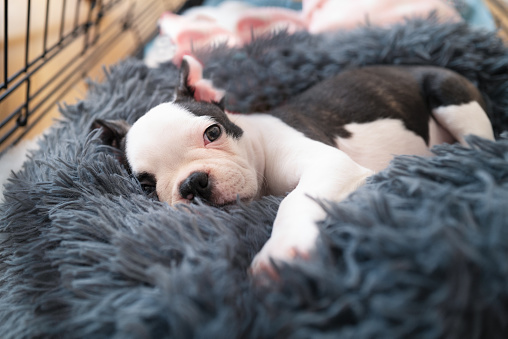
8. May I See / Interact with the Other Pups of the Same Litter?
Interacting with the other pups will give a good idea of their temperament, personality, physical appearance, and health. You will be able to determine if they are energetic, get along with people, tolerate physical contact, or are rather anxious, shy, and reactive. If puppies from the same litter do not seem to be healthy, they may suffer from a health condition that is likely to affect your pup too.
9. Is There a Contract for Sale?
If it is a professional breeder, an official contract as proof of sale must be provided. In the contract, your and the breeder’s rights and responsibilities will be clearly determined. For example, if any issues with the puppy occur due to illness, or financial difficulties for you to keep taking care of it, will you be able to return it, and under what circumstances. These and other important questions need to be covered in the contract.
10. Are There Any References From Previous Buyers?
Similar to the point above, if the breeder is reputable, they must be able to provide you with references from previous puppy buyers. Contacting other puppy owners will give you more information about their paw friends and how they develop. They will let you know if any health / behavioral issues have occurred and if the breeder took responsibility based on the contract.
Asking the right questions is really important to gain relevant information about your future paw family member. However, you should always remember that each dog is an individual and should be assessed that way.



